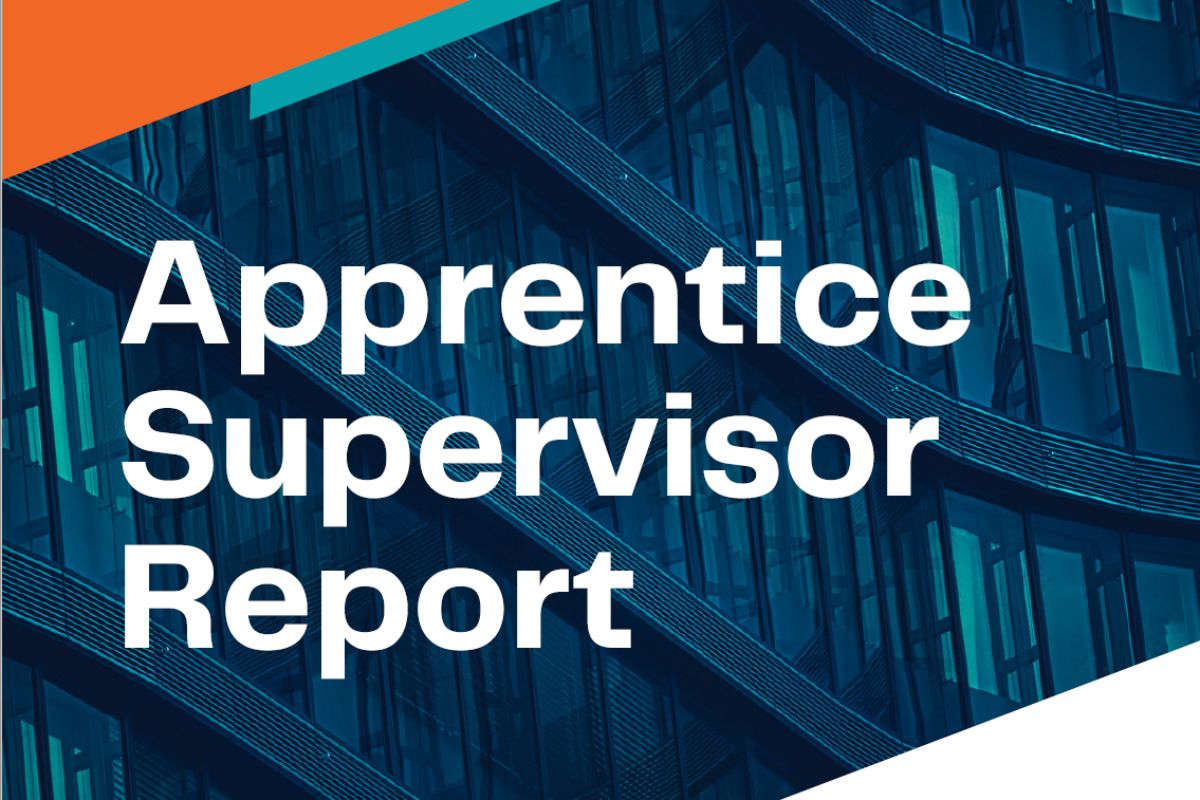Reforms needed to make #apprenticeship system fit for the #FutureofEmployment

Despite positive changes like halving co-investment costs, small businesses in England are still struggling to take on new apprentices after the 2017 reforms, according to new research from the Federation of Small Businesses (FSB).
FSB believes that both the upcoming Review of the Apprenticeship Levy and the Spending Review 2019 are opportunities that the Government cannot afford to miss if we are to safeguard vital provision of apprenticeships that small firms currently rely on, and to reverse the downward trend of new starts.
The research finds that of those small firms that employed apprentices before and after the 2017 reforms, over a quarter (27%) say the reforms have had a negative impact on their business. Recruiting an apprentice (42%), management time (29%) and the 20 per cent off-the-job training (24%) were seen as the three biggest challenges when engaging with apprenticeships.
Since the introduction of the reforms back in 2017, apprenticeship numbers have remained lower than pre-reform levels, particularly Level 2 and Level 3 apprenticeship starts which are often undertaken by young people beginning their careers.
Government stats show that since 2015/16, Level 2 and Level 3 apprenticeship starts have fallen sharply by 45 per cent and 13 per cent, respectively.
The vast majority (87%) of apprenticeships offered by smaller businesses are at these levels and 92% of all apprenticeships offered are held by 16-24 year olds.
Responding to the findings, FSB National Chairman, Mike Cherry, raised concerns about the reforms and the impact they have had on small firms.
He said: “Small businesses are champions of apprenticeships as they are a great way to tackle skills shortages that often affect smaller businesses and to give young people their first step into employment. They are also a great way of promoting social mobility and helping those furthest from the job market into work.
“Worryingly though, our research shows that many small firms are turning away from apprenticeships with some of the 2017 reforms being the cause. Changes like the explicit requirement for a minimum of 20 per cent off-the-job training, are causing real headaches.
“The more recent halving of the co-investment requirement to 5% is a major step forward to reduce the cost of apprenticeships. Small businesses need more support like this if they are to continue to be the champions of apprenticeships.
“It must not be forgotten that our small firms provide 60% of private employment and it is for this reason that they must be the ones driving the system forward.”
Affordability still remains a big problem for many small firms with more than a third (41%) reporting that costs related to recruiting and training apprentices have increased.
Last month, the National Audit Office (NAO) report into apprenticeships concluded that there was a clear risk that the apprenticeship budget may be insufficient and that Government could consider cutting funding for non-levy payers.
Mike Cherry said: “There is a real concern around the funding black hole that is likely to hit with a significant overspend expected on the apprenticeship programme by 2021.
“Unless urgent action is taken we are in serious danger of making apprenticeships unaffordable for many of our small firms. If apprenticeships become a privilege only for those that can afford them, we will worsen persistent skills shortages and gaps that are damaging growth and productivity.”
Apprenticeships and Skills Minister, Anne Milton said:
“Large businesses can now transfer up to 25% of their levy funds to small employers which will be a fantastic opportunity for smaller business. We are very aware of the support smaller business needs and will continue to work with them so they can take advantage of the fantastic opportunity an apprentice brings to their business.
“We want an apprenticeship system that works for all employers – big and small. Our reforms were designed and driven by businesses of all sizes to make sure apprentices learn the skills employers need. Apprenticeships are now longer, higher-quality, with more off-the-job training and provide for a proper assessment at the end.”
Ben Rowland Co-founder Arch Apprentices, said:
“The rise in apprenticeship starts is not a surprise to us at Arch, where we have seen growth now for over two years: where the funding route is clear and unconstrained, employers have been increasingly using apprenticeships as a way to get the skills they need. But this is true for levy paying employers only: there is a clear incentive to use apprenticeship training, the funding mechanism is simple and there is a strong and growing market of providers.
“For non-levy payers – who are of course smaller employers by definition – the opposite is sadly true, with insufficient funding, an unclear picture on which suppliers are able to serve this market and insufficient incentives. All of this is in Government’s hands to change. If they do, then they will see a similarly vibrant apprenticeship training “scene” to compare to the renaissance in apprenticeship training that is currently being experienced by large levy paying employers.”
In response to the findings, FSB is calling on the Government to put the apprenticeship funding on a sustainable footing and ensure that small businesses are not excluded from the apprenticeship system.
Other key recommendations include:
- Put small businesses in control of non-levy apprenticeship funding through the Apprenticeship Service after their migration to the Service.
- Develop a ‘matching service’, hosted via the Apprenticeship Service, to support levy-paying employers to pass on unused funds to non-levy-paying employers.
- Extend the current £1000 incentive to those businesses with less than 50 employees who take on a new apprentice aged between 19-24 from selected labour market disadvantaged groups including people with a chronic mental health condition and ex-offenders.
- Consider the feasibility of an incentive for start-ups who have never taken on an apprentice.
- Make training-related travel free for all young (16-24 year old) apprentices working for employers with less than 50 staff to ensure small business employers, particularly those located in rural areas, are not disadvantaged by prohibitive travel costs.











Responses